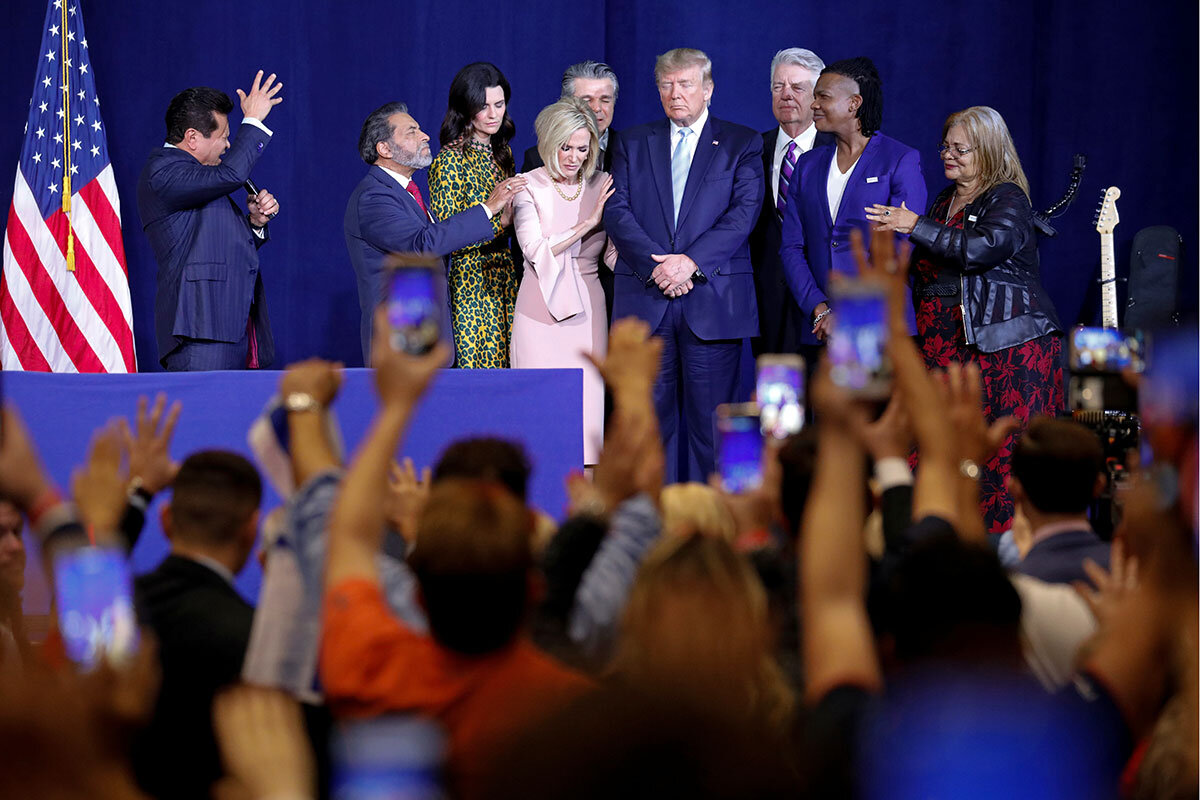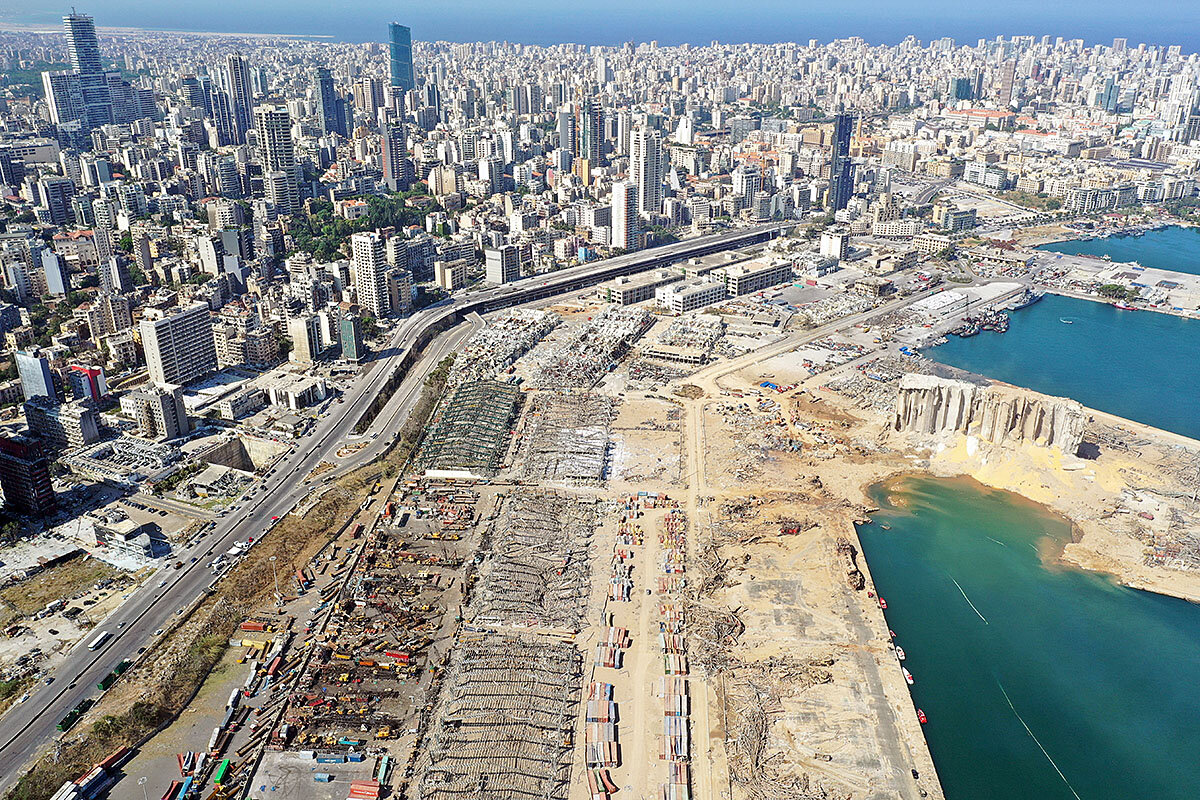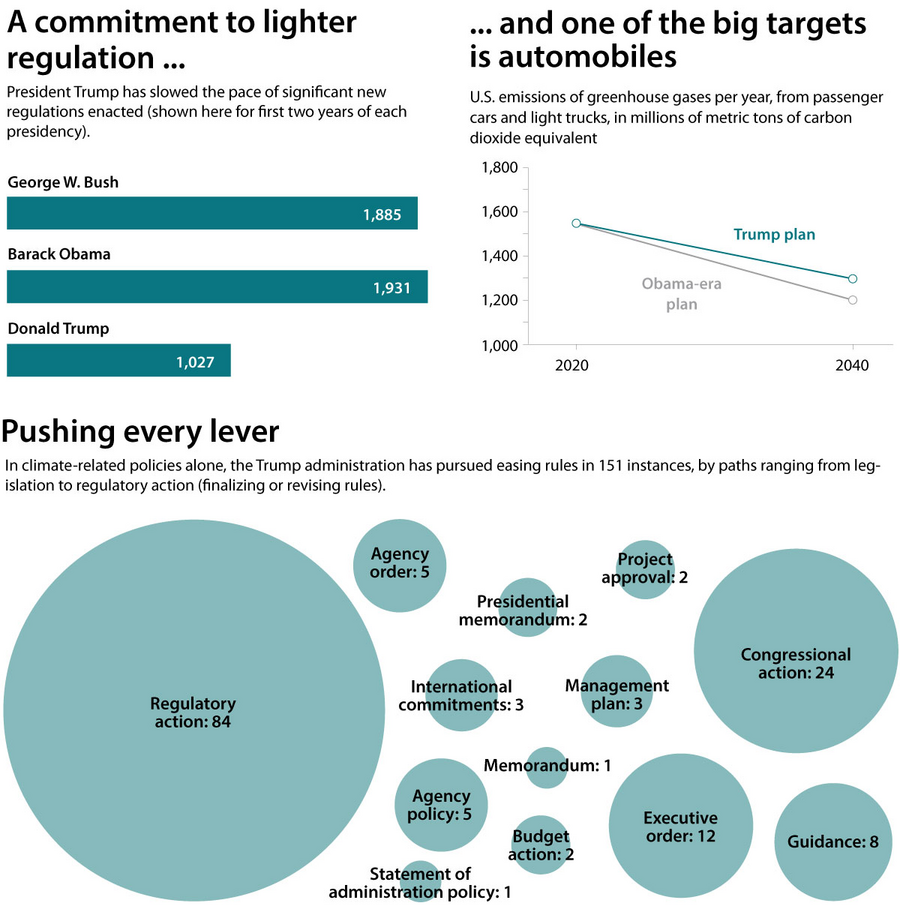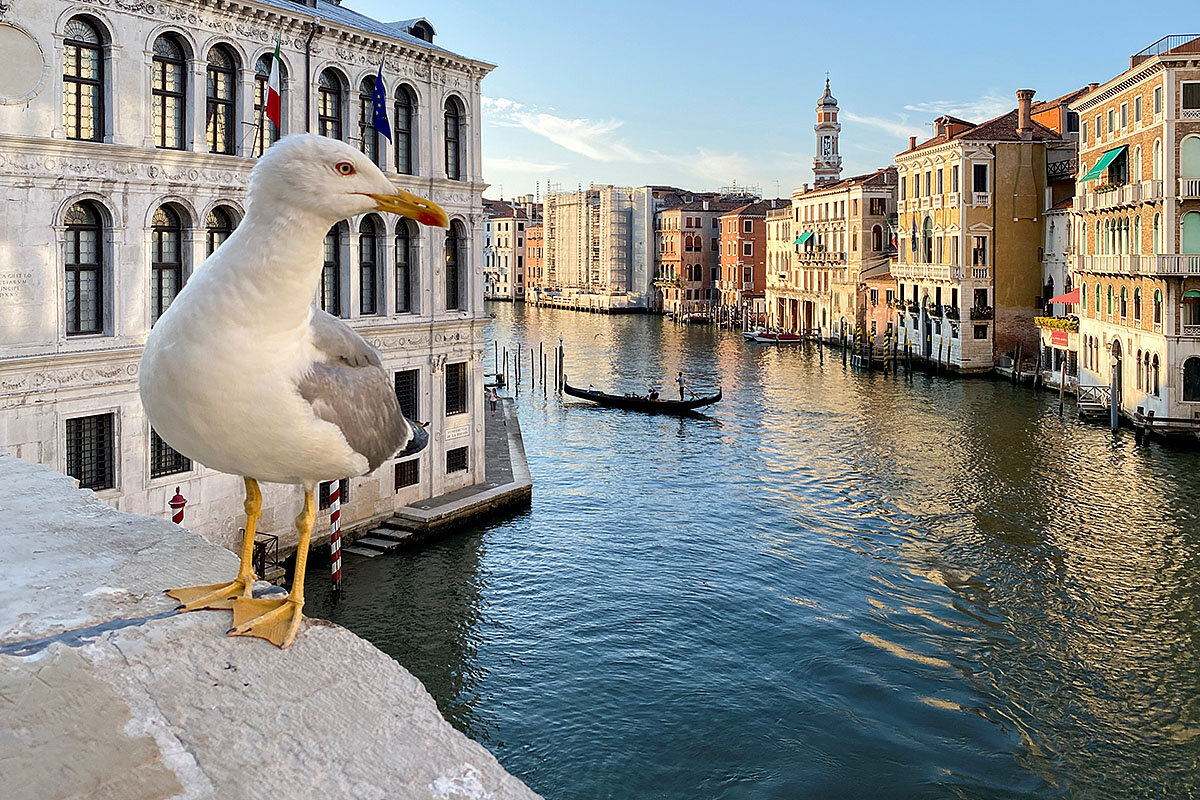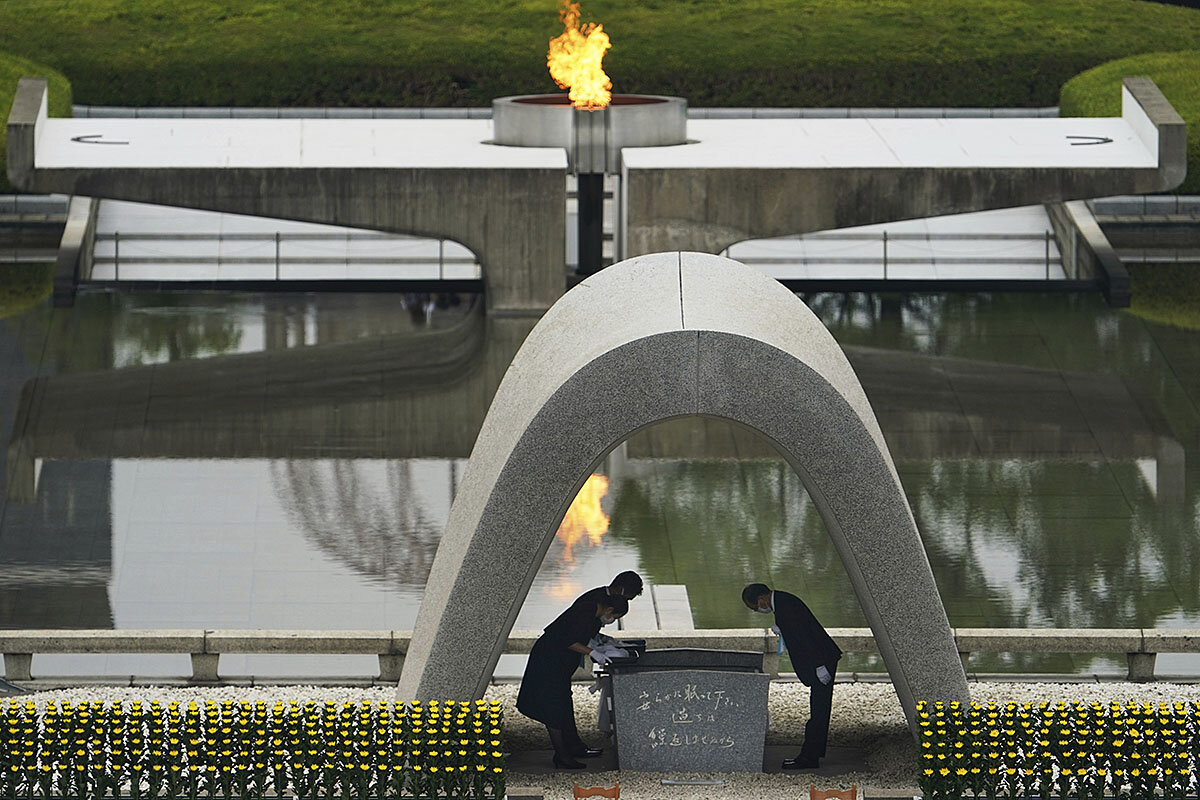President Donald Trump’s election strategy includes courting Christian conservatives who helped vote him into office. But how durable will their support be during a year of turbulent change?
Monitor Daily Podcast
- Follow us:
- Apple Podcasts
- Spotify
- RSS Feed
- Download
 Stephen Humphries
Stephen Humphries
During the pandemic, many musicians have enrolled in Bandcamp. No, I don’t mean a place where young music geeks spend summers scaring woodland creatures with squawking clarinets and burping tubas. Bandcamp is a burgeoning online music company where artists stream music and sell CDs, vinyl, and merchandise directly to fans.
As I documented in a recent story, professional musicians have struggled to make a living since the quarantine quashed most live shows. Bandcamp has stepped up to help. Since March it has waived all its fees for artists on four occasions. Artists and labels made a cumulative $20 million over those days. Starting tomorrow, Bandcamp will waive its revenue share on the first Friday of each month through the rest of 2020.
“Every time Bandcamp announces the waiving of fees, my inbox gets a bumper crop of PayPal notices,” singer-songwriter Jesca Hoop says via email. “Every little bit helps ... especially for the little guys.”
Bandcamp has long been renowned for supporting racial and social justice organizations. And it has facilitated ways for artists to easily donate to their favorite charities and causes.
“The platform provided a way for me to offer up some fresh side project recordings as added incentive for people to give to The Movement For Black Lives,” enthuses Ms. Hoop.
She adds, “This direct support and honest pay fortifies the sense of give-and-take within the artist/platform relationship.”




